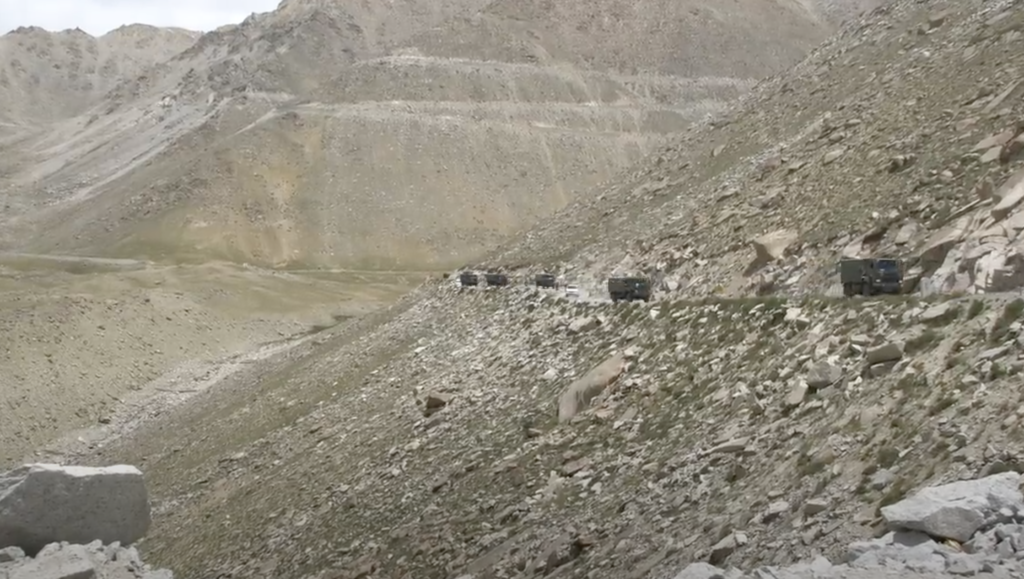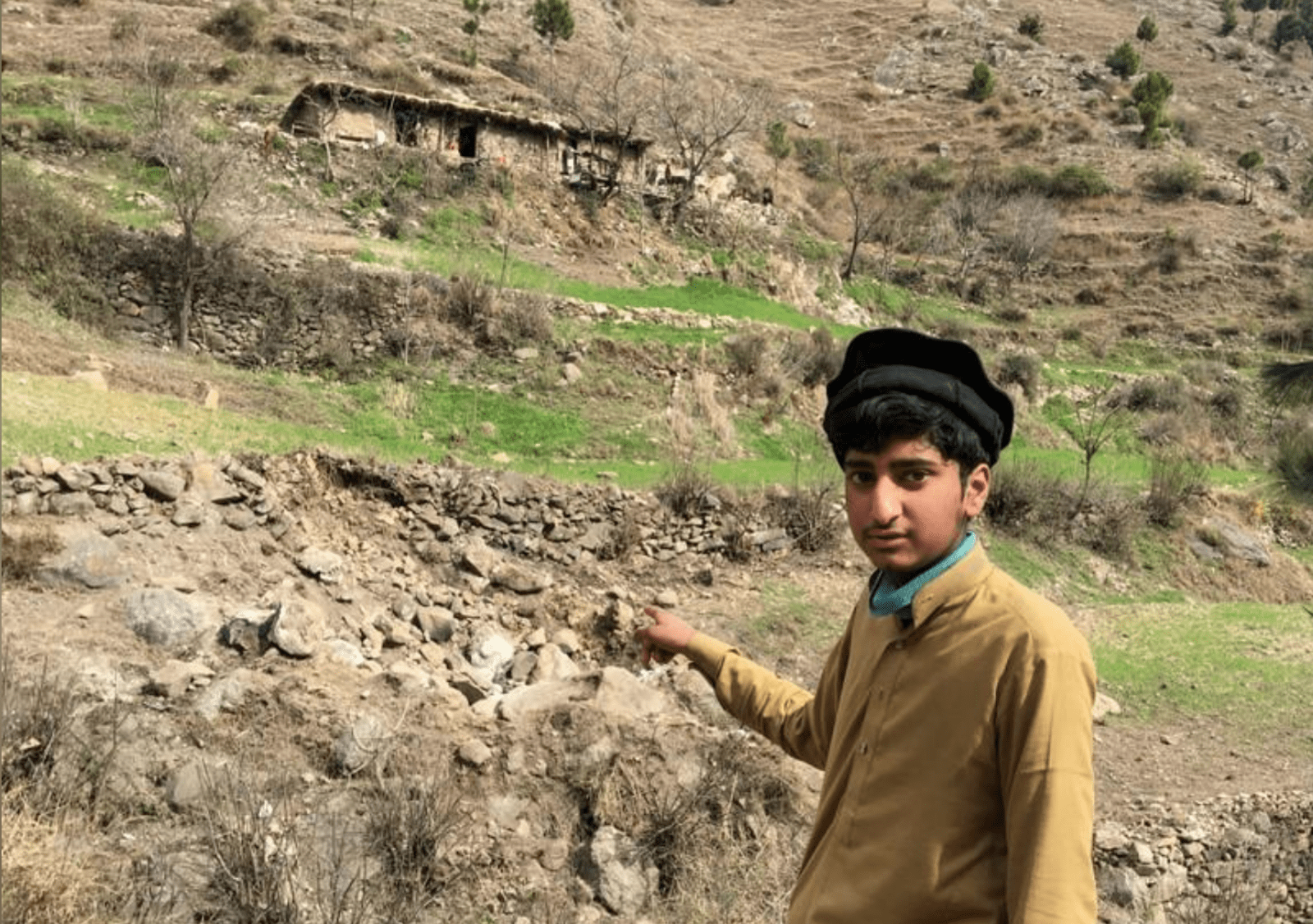
In a recent talk, Pakistani nuclear scholar, Dr. Rabia Akhtar remarked that, going forward, India might try to exact “Surrogate Deterrence” in the region. The term postulated that given India’s sheer inability to directly deter China and the risks associated with it, as clearly brought to the fore in the recent Ladakh crisis, it would use its heavy-ticket defense articles on Pakistan for deterrence signaling against China. A variety of reasons make this proposition worthy of engagement. Chief among those are two concomitant factors: India’s glaring lack of resolve in the Ladakh standoff, and high-resolve to punish Pakistan.
India’s low-resolve during the bloody spat with China can be gauged by looking at how the Indian leadership responded to China and behaved during the two-month-long crisis. As opposed to its incendiary enunciations against Pakistan during and after the Pulwama-Balakot crisis, the Indian leadership talked gingerly, even in the face of intrusions and use of force by China in the Galwan Valley. Even after 20 Indian soldiers, including a Commanding Officer, were killed in a scuffle with the Chinese, India’s Prime Minister Narendra Modi shied away from naming China, let alone vowing to retaliate. One of his statements that denied Chinese intrusions contradicted the statement released by India’s Ministry of External Affairs. Weeks later, on a visit to Leh, though PM Modi did allude to expansionism in the region, he did not name China.
India’s approach to the crisis can be assessed by PM Modi’s refrain that India shall respond if and when provoked. That the killing of Indian soldiers and incursions of Line of Actual Control (LAC) did not tantamount to instigations, is quite an indictment of an Indian leadership that otherwise thrives on nationalistic fervor and muscle-flexing. India’s only response, so to speak, was seen when it banned approximately 59 Chinese websites in India. A non-kinetic, ineffectual retaliation to a brazen assault of an adversary, is but a manifestation of the small basket of effective options that a country has in its repertoire. India’s crisis behavior in the recent conflagration was marked by low-resolve, something that can be attributed to an ever-widening power differential between New Delhi and Beijing.
The failure to show resolve cost India in the disengagement process, which according to Ajai Shukla, has happened much to the detriment of India. Apart from that, there are reputational costs that states incur when their resolve is low. For India, the costs could be prohibitive, given that it is being tipped as an integral part of Washington’s Indo-Pacific Strategy, aimed at countering Beijing. Also, the low-resolve at display on the LAC could have implications for India’s approach towards its principal foe Pakistan.
The effects of India’s unimpressive showing in Ladakh on the Indo-Pak equation could be deleterious, to say the least. This apprehension is not without merit, if one were to look at the ongoing situation. While India found it difficult to deter and compel China on the LAC, it was carrying-out in its own high-handed way on the Line of Control(LoC) that divides Indian Occupied Kashmir and Azad Jammu and Kashmir. India’s ceasefire violations on the LoC continue to claim innocent lives. India dished-out veiled threats to Pakistan, despite the fact that it was struggling to fend-off China up north. Clearly, one can point towards India’s resolve segmentation. India, even when not involved in a crisis with Pakistan, does not hide its resolve and intent to ‘punish’ Pakistan. Over the years, the Indian leadership has carefully and deliberately raised public furor against Pakistan. Thus, upping the ante against Pakistan is not only desirable but also inexorably important for India.
There are three reasons as to why, in the midst of the prevailing environment, escalation on the LoC is likely to be a risk worth taking for India. The first one relates to Dr Akhtar’s ‘Surrogate Deterrence’ exposition. Bogging down China’s ally, Pakistan, and that too, near the route of the China-Pakistan Economic Corridor (CPEC) could be one of the ways a beleaguered India may want to deter or at the very least hurt China. However, the prospects of success will be less, given India’s contestable wherewithal to achieve escalation dominance vis-à-vis Pakistan. That said, considering the audience costs added to the mix, such an option will never be off the table for India.
The second factor that may compel India to heat-up the LoC is its relatively better position to satisfy its domestic audience and show resolve. If anything, India would want to make amends by using force and window-dressing the outcome like it did even after faring poorly against Pakistan in the Pulwama-Balakot crisis. Escalation with Pakistan would be followed by a behavior that would be in stark contrast to that observed in the Ladakh crisis, something that will placate the Indian public. However, this will be full of risks unbridled escalation as it could lead to a further loss of prestige, should Pakistan push back like it did with alacrity in the previous crisis.
The third and the most important reason as to why India may deem flaring up the LoC worthwhile relates to the optics. At a time when India is encumbered with many crises and its adversaries are seemingly sitting pretty, alleging Pakistan of perpetrating a terror attack inside India or Indian Occupied Kashmir might be one of the surest means through which India can stage a comeback. Not only would India want to pin down Pakistan by regurgitating the terrorism mantra, but it would want to show a receptive audience in Washington, how Pakistan colluded with China and took advantage of India’s Ladakh conundrum. However, if the aim is to mitigate mounting troubles, then India must rejig and reevaluate as short-sighted tactical actions will be rife with grievous strategic costs.
All in all, chances of the occurrence of a crisis between India and Pakistan are veritable. More menacingly, if India were to commit to escalating things with Pakistan, the costs it will incur will greatly outweigh the benefits that it may gain.
![]()




Very well written. Flagged New angles to the regional conflict.
Idiotic article, don’t know why u want them read if u can’t be unbiased to your cuntry!